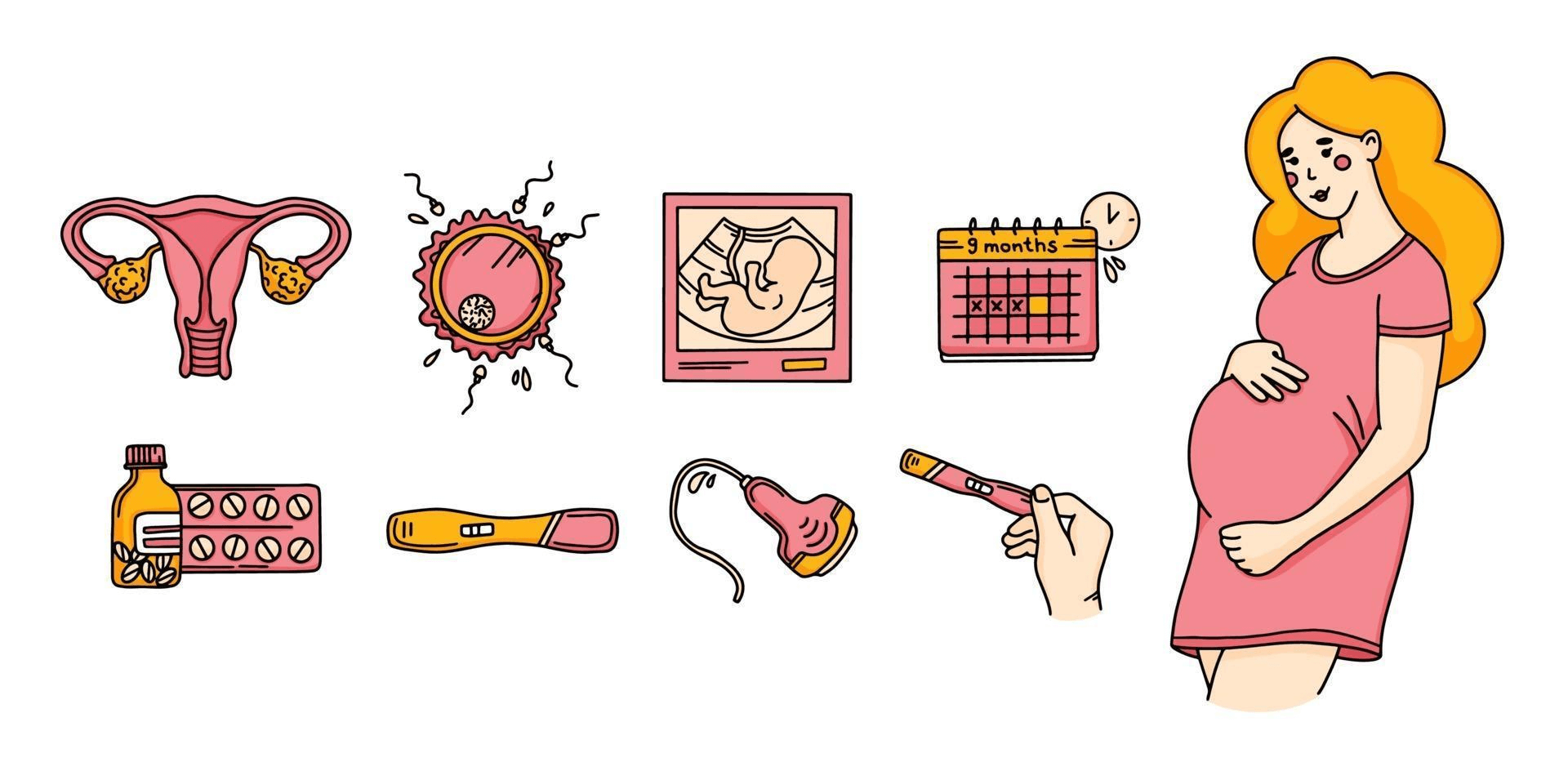Prenatal Care: Ensuring Your Health and Your Baby’s Well-Being Before Birth

When to Start Prenatal Care
The best time to begin prenatal care is as soon as you decide to conceive or realize you are pregnant. Early and consistent prenatal care significantly benefits both mother and baby, ensuring a healthy pregnancy and delivery. Even if you’re not yet pregnant, taking steps towards a healthier lifestyle can set a solid foundation for your future pregnancy.
Preparing for Pregnancy
Before you conceive, focus on maintaining a healthy lifestyle. This includes:
- Balanced Diet: Eat a variety of nutrient-rich foods to support overall health.
- Regular Exercise: Stay active with regular exercise. Starting an exercise routine before pregnancy makes it easier to continue being active during pregnancy.
- Multivitamins: Consider taking a prenatal vitamin that includes folic acid to support your body’s needs and reduce the risk of birth defects.
Confirming Pregnancy
When you suspect you might be pregnant, schedule a visit with your healthcare provider. Even if a home pregnancy test confirms your pregnancy, a doctor’s visit will confirm it and ensure everything is progressing well. Your healthcare provider will:
- Confirm your pregnancy through medical tests.
- Discuss your diet and nutritional needs.
- Provide guidance on healthy weight gain and dietary adjustments.
Also read: Essential Facts About Breastfeeding
Dietary Guidelines
Although the saying goes that you’re “eating for two,” you don’t need to double your food intake. During pregnancy, your caloric needs increase by about 300 calories per day, especially in the second and third trimesters. Focus on:
- Nutrient-Dense Foods: Choose foods rich in vitamins, minerals, and protein.
- Hydration: Drink plenty of water to stay hydrated.
- Avoid Harmful Substances: Quit smoking, avoid alcohol, and limit caffeine intake to one cup of coffee or one caffeinated soda per day.
Prenatal Visits
Regular prenatal visits are crucial for monitoring the health of both mother and baby. Your doctor will:
- Schedule visits strategically to monitor your progress.
- Perform necessary tests and screenings to track your baby’s development.
- Provide guidance on managing pregnancy symptoms and maintaining a healthy lifestyle.
Prenatal Vitamins
Your healthcare provider will likely prescribe prenatal vitamins. These vitamins are essential for:
- Supporting your body’s increased nutritional needs.
- Reducing the risk of birth defects.
- Promoting the healthy development of your baby.
Lifestyle Adjustments
To ensure a healthy pregnancy:
- Stop Smoking: If you smoke, seek help to quit. Smoking can harm your baby’s development.
- Avoid Alcohol: Alcohol can cause birth defects and developmental issues.
- Limit Caffeine: Excessive caffeine can lead to complications. Limit your intake to one cup of coffee or soda per day.
Conclusion
Prenatal care is an ongoing process that begins even before conception and continues throughout pregnancy. By adopting a healthy lifestyle, attending regular prenatal visits, and following your doctor’s advice, you can ensure the best possible outcome for you and your baby. Prioritize your health and well-being to create a nurturing environment for your baby’s growth and development.
Also read: Proven Ways To Increase Milk Supply






